Gigabyte W291-Z00 Topology and Block Diagram
With the AMD EPYC 7001 “Naples” generation, system topology is more important in a single socket form factor than it has been for some time. We have started showing topology maps for our system and motherboard reviews.
Here we had an M.2 NVMe installed on the motherboard and wanted to show what this looks like:
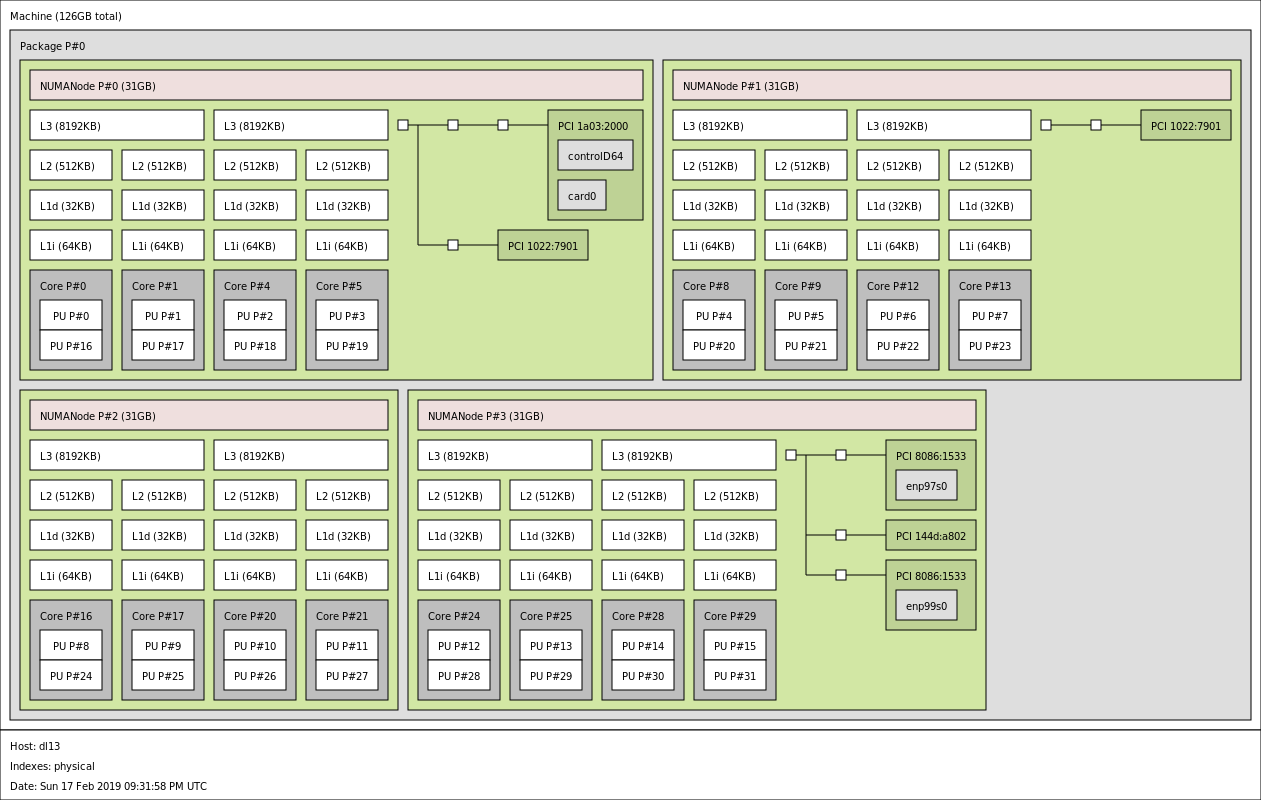
Installing the four NVIDIA Tesla V100 GPUs, here is what the topology looks like:
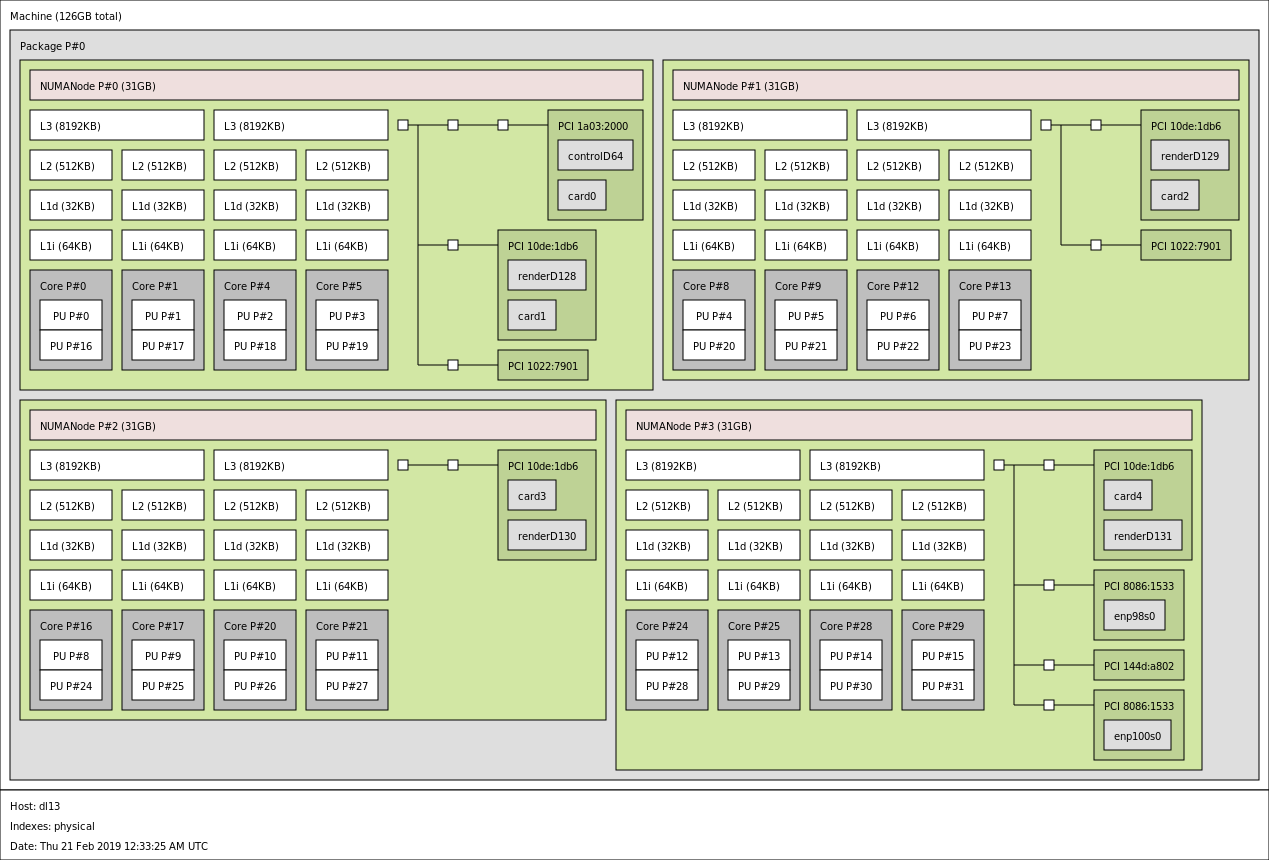
One can see a GPU is attached to each die on the AMD EPYC 7000 series “Naples” CPU.
Here is the official block diagram for the motherboard:
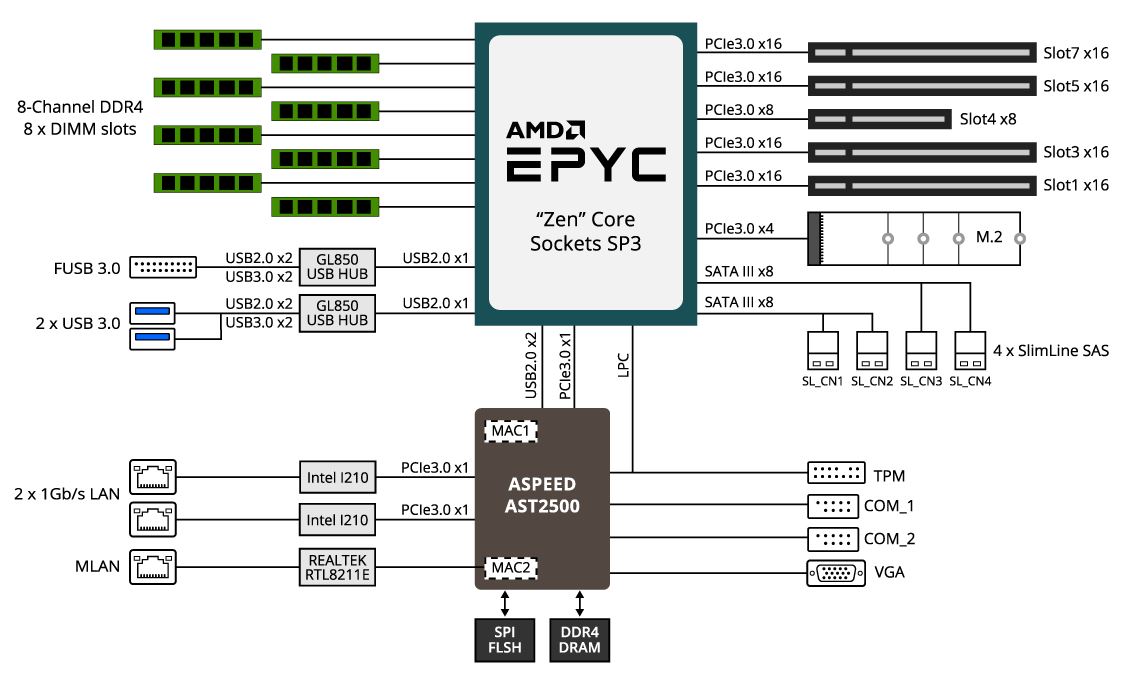
As one can see, this is a robust block diagram for an ATX platform. We would have liked to have seen AMD tie PCIe lanes to Naples dice, however, with Rome coming we can see why they would not.
If one installs four GPUs, all of the GPU lanes will have to traverse the SMP interconnect. Here is what NVIDIA topology looks like with four NVIDIA Tesla V100 32GB GPUs installed:
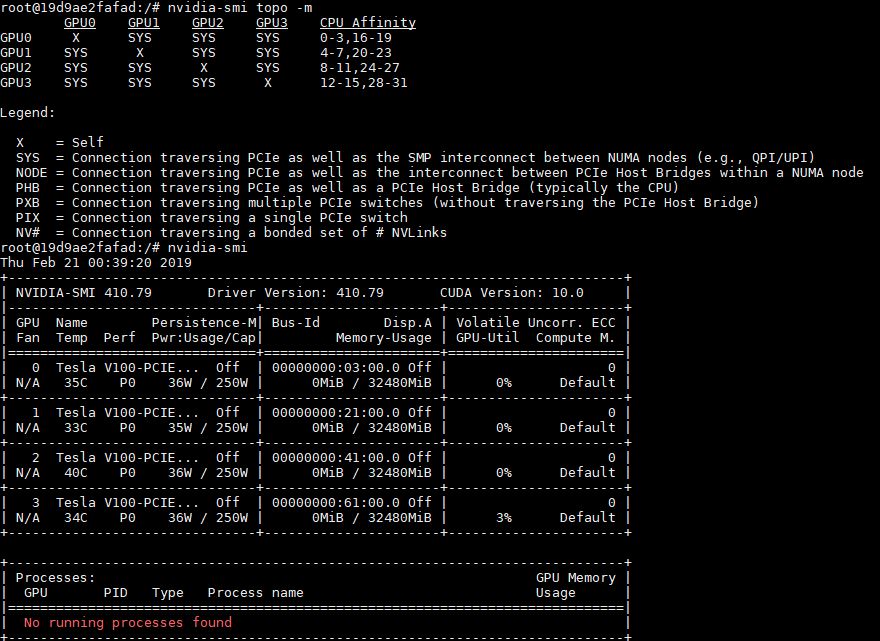
NVIDIA needs to update its SMP interconnect from “e.g. QPI/ UPI” to “e.g. UPI/ Infinity Fabric” to handle AMD EPYC systems like these.
Gigabyte W291-Z00 Test Configuration
For testing the Gigabyte W291-Z00 we have a fairly high-end configuration:
- Server: Gigabyte W291-Z00
- CPU: AMD EPYC 7551P
- Memory: 8x 32GB DDR4 RDIMMs
- SSD: 4x Intel DC S3710 400GB
- GPU: 4x NVIDIA Tesla V100 32GB
As a quick note here, we saw some throttling with the AMD EPYC 7371 when we tested it. Since that is technically out-of-spec for the server, we are omitting it from our results. That is one of the factors that will keep this server from being a workstation. We took the topology photos with this CPU in, assuming it would be what we would use for review. When we saw throttling, we stepped back down to the 32 core, lower power and frequency part.
Next, we are going to look at the management solution which is a significant departure from what Gigabyte used previously.

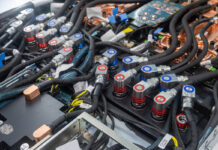
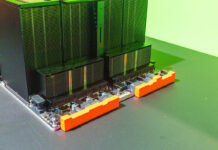
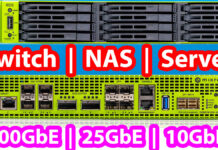
Why not the MZ31? what, slightly larger dimensions?
https://www.gigabyte.com/us/Server-Motherboard/AMD-EPYC-7000
Gigabyte MZ31-AR0, 180w tdp, two SFP+, 16 RDIMM’s, PCIe 3.0 four x16 & three x8
Gigabyte MZ01-CE1, 180w tdp, two 1GbE, 8 RDIMM’s, PCIe 3.0 four x16 & one x8
Excellent and thorough review as usual. Love the tag
“the Gigabyte W291-Z00 … the only option … is the best option.” Lol 8)
Hi ekv – The MZ31-AR0 does not have enough room behind the PCIe slots to fit full-length GPUs. You can read more about it in our Gigabyte MZ31-AR0 Review.
Thanks for this review, Patrick! Great info. I don’t suppose you have four mi60’s kicking about? An all AMD test would be very cool.
Hi hoohoo – unfortunately not. I agree it would be interesting, but it is a bit hard for us to fund that type of project.